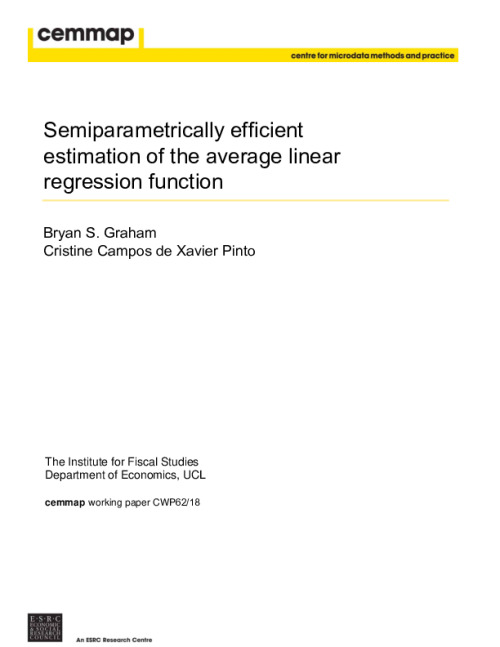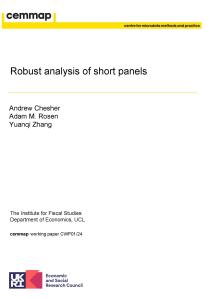Let Y be an outcome of interest, X a vector of treatment measures, and W a vector of pre-treatment control variables. Here X may include (combinations of) continuous, discrete, and/or non-mutually exclusive “treatments”. Consider the linear regression of Y onto X in a subpopulation homogenous in W = w (formally a conditional linear predictor). Let b0 (w) be the coefficient vector on X in this regression. We introduce a semiparametrically efficient estimate of the average β0 = E [b0 (W)]. When X is binary-valued (multi-valued) our procedure recovers the (a vector of) average treatment effect(s). When X is continuously-valued, or consists of multiple non-exclusive treatments, our estimand coincides with the average partial effect (APE) of X on Y when the underlying potential response function is linear in X, but otherwise heterogenous across agents. When the potential response function takes a general nonlinear/heterogenous form, and X is continuously-valued, our procedure recovers a weighted average of the gradient of this response across individuals and values of X. We provide a simple, and semiparametrically efficient, method of covariate adjustment for settings with complicated treatment regimes. Our method generalizes familiar methods of covariate adjustment used for program evaluation as well as methods of semiparametric regression (e.g., the partially linear regression model).









